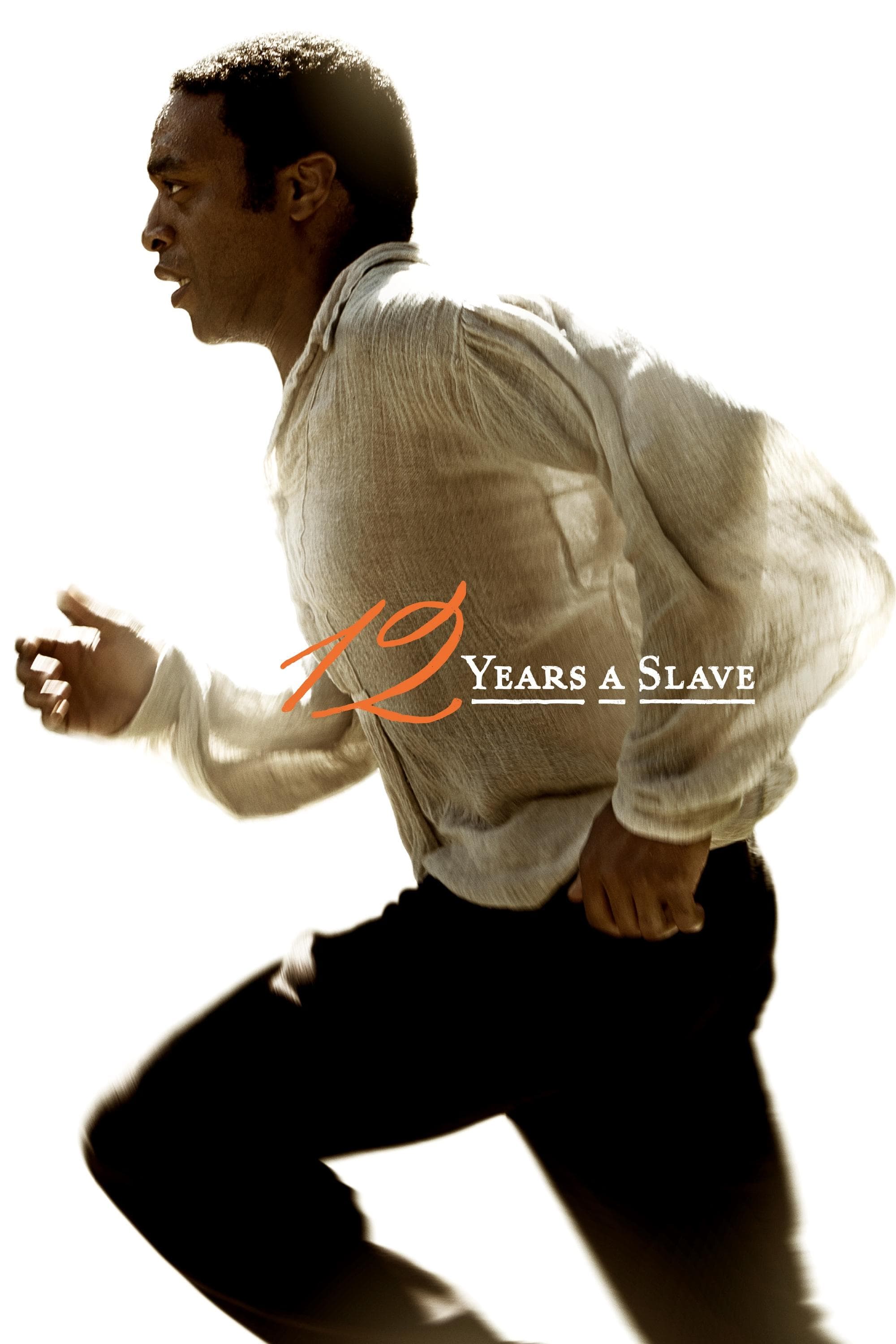
12 Years a Slave
2013
Rate this movie
Average: 3.50 / 5
(2 votes)
Director
Addressing a delicate subject like slavery in a period of strong racial tensions might seem like a gamble, or worse, a mere commercial operation. And indeed, in the contemporary cinematic landscape, the risk of falling into a comforting rhetoric or sensationalist spectacle is always lurking, especially when touching upon a historical wound so profound and still pulsating in civil discourse. But Steve McQueen, a director consistently committed to social cinema with strong denunciatory content – think of the claustrophobia in "Hunger" or the desperate search for connection in "Shame" – resolves the narrative knot with epic force and directorial flair, portraying a great historical document and, at the same time, a splendid chapter of cinema. His is not a didactic representation, but rather a raw and penetrating immersion into the human matter of pain, resilience, and barbarity.
Based on Solomon Northup's autobiographical book of the same name from 1853, the film narrates the story of Solomon, an accomplished violinist from Saratoga Springs, a free and educated family man, who is deceitfully kidnapped by two shady intermediaries who convince him to follow them to Washington for a musical engagement. A deception all the more cruel as Solomon, by status and culture, is far from the typical image of the slave that official history has often handed down to us. In reality, after drugging him, they strip him of all his possessions and sell him in Louisiana as a slave. Solomon finds himself deprived of every most basic right, torn from the love of his loved ones, and forced to fight fiercely to preserve the only remaining possession: his life, and with it, his dignity. McQueen's choice to adhere meticulously to the autobiographical text is not purely philological; it is an act of fidelity to historical memory, a tribute to lived truth, which elevates the film from mere fiction to an incisive and universal testimony.
The small universe of Edwin Epps' plantations, the master Solomon must submit to, is governed by strict rules that must be conformed to quickly and diligently to avoid being whipped to death or punished with deadly workloads. At the center of the scene, the driving force behind everything is the cruel slave master who manipulates his slaves like cattle, subjecting them to constant humiliations in the name of a presumed racial superiority that granted white people the right of life and death over other human beings whose only fault was having a different skin color from their tormentors. Epps, portrayed with glacial ferocity by Michael Fassbender (a frequent collaborator of McQueen), is not just a tormentor, but the personification of a rotten system that corrupts the soul, distorts religious faith to justify abomination, transforming depravity into law and humiliation into daily spectacle. His morbid and violent obsession with Patsey, the young slave portrayed by a heart-wrenching Lupita Nyong'o (an Academy Award winner), is the culmination of this brutality, a portrait of the horror that lurks in the banality of evil.
Solomon, immersed in that brutal microcosm, quickly adapts to its laws, but not to its spirit, maintaining, albeit under layers of fear and suffering, the flame of his identity as a free man. His intelligence, his education, become both a curse and a secret weapon, a mental refuge from the psychological destruction perpetrated by the slave system. Solomon's struggle is first and foremost an internal battle, a stubborn refusal to let his soul be broken. And the opportunity comes with Samuel Bass, a Canadian abolitionist, portrayed by Brad Pitt (also a producer of the film) who embodies a rare and precious moral conscience, and who helps Solomon recover his most precious possession: freedom, a concept that transcends mere physical condition to embrace the entirety of human dignity.
The cinematography by veteran Sean Bobbitt is splendid, allowing the majestic outdoor light to flow into the frame and dictate its chromatic palette. A light that sometimes seems indifferent, almost complicit in the violence it illuminates, at other times becomes a symbol of hope. The use of wide, almost pictorial shots of Louisiana's lush nature creates a harrowing contrast with the misery and cruelty of human acts, a visual paradox that amplifies the drama. An essential work in its dramatic impact, devoid of rhetoric or emphasis, McQueen establishes a new benchmark for this genre of cinema, avoiding the traps of melodrama to embrace a visceral realism. His style, consisting of long tracking shots and fixed frames that do not avert the gaze, forces the viewer to confront the horror, to experience it almost physically. Chiwetel Ejiofor, as Solomon, is a marvel of restraint and silent suffering, expressing with the mere power of his gaze the abyss of his captivity and the tenacity of his resistance.
One scene above all strikes with its iconic power, becoming an emblem of McQueen's poetics: Solomon has just been punished by John Tibeats, the sadistic slave driver, by being hung by his neck from a tree with a noose around his throat. His feet barely touch the ground, warding off death, and Solomon must exert every fiber of his being to try to survive that atrocious torture. It is an image of disarming cruelty, prolonged by a long take that seems never to end, in which the camera does not move, offering no escape for the gaze. Around him, plantation life flows placidly, and the other slaves pretend not to notice the man's desperate struggle not to die, for fear of suffering the same fate. Their apparent indifference is, in reality, the rawest expression of fear, of imposed psychological submission, of a broken humanity that has learned to avert its gaze to survive. A gripping green dominates the frame and seems to convey an unreal sense of peace that violently contrasts with the scene, while in the background, only the chirping of crickets and cicadas accompanies Solomon in his torment, a natural chorus that amplifies the solitude of his suffering, highlighting the disarming absence of empathy not only from the tormentors but from the world itself. It is in moments like this that "12 Years a Slave" rises beyond a simple historical account, becoming a profound meditation on humanity's capacity to inflict and to endure, a necessary work of art that forces us to look history in the eye, without compromise.
Main Actors
Gallery
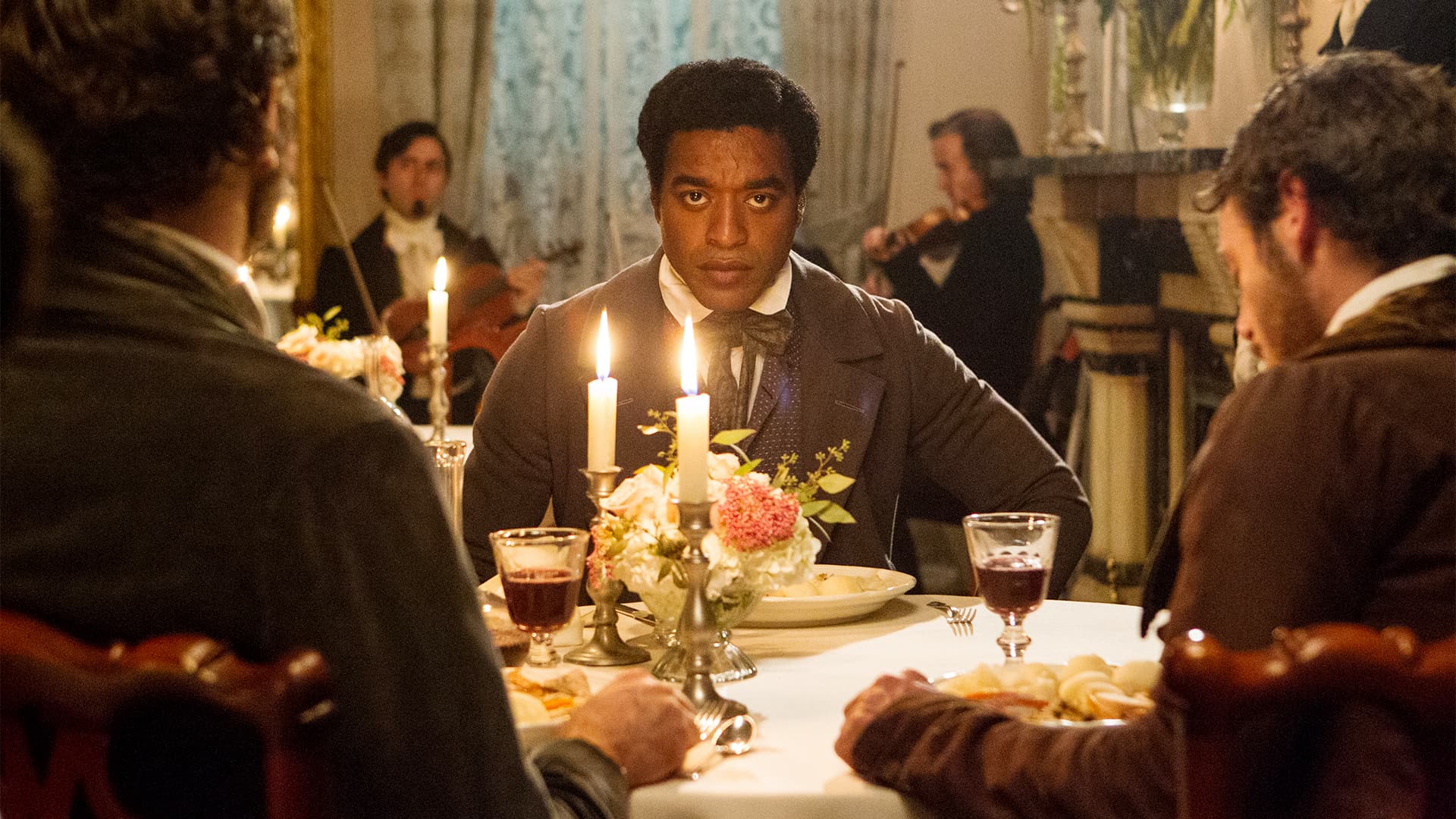
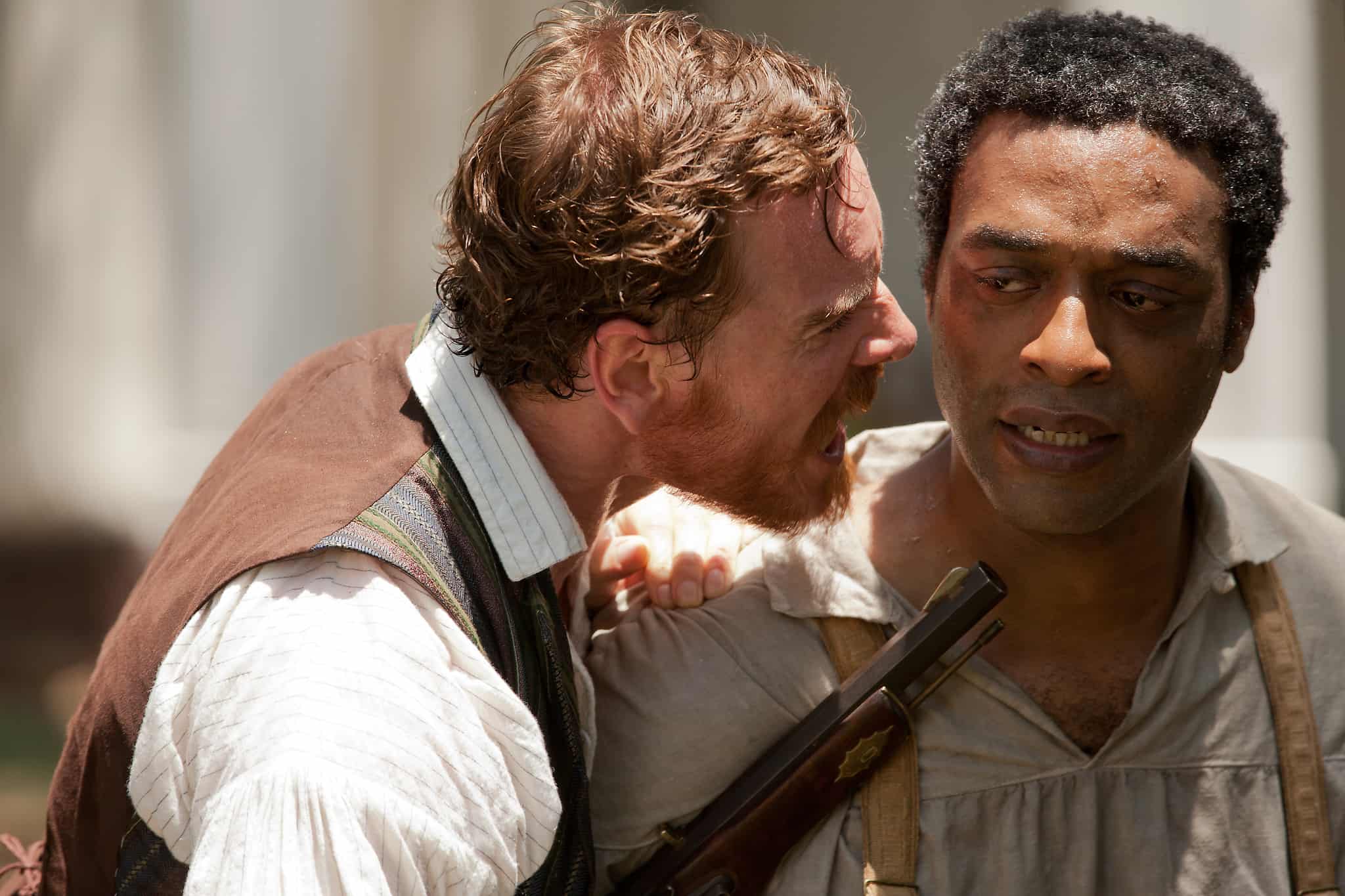
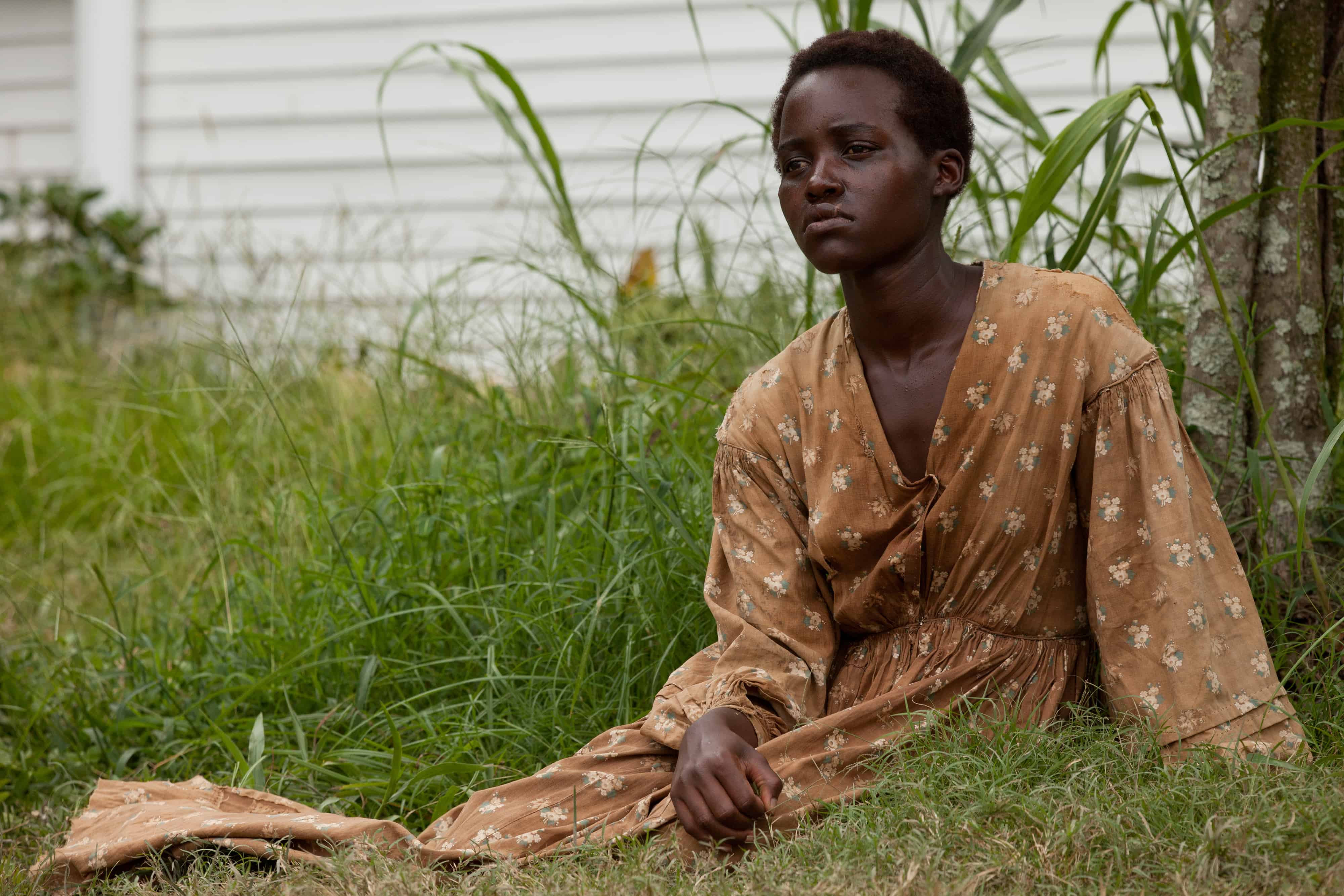
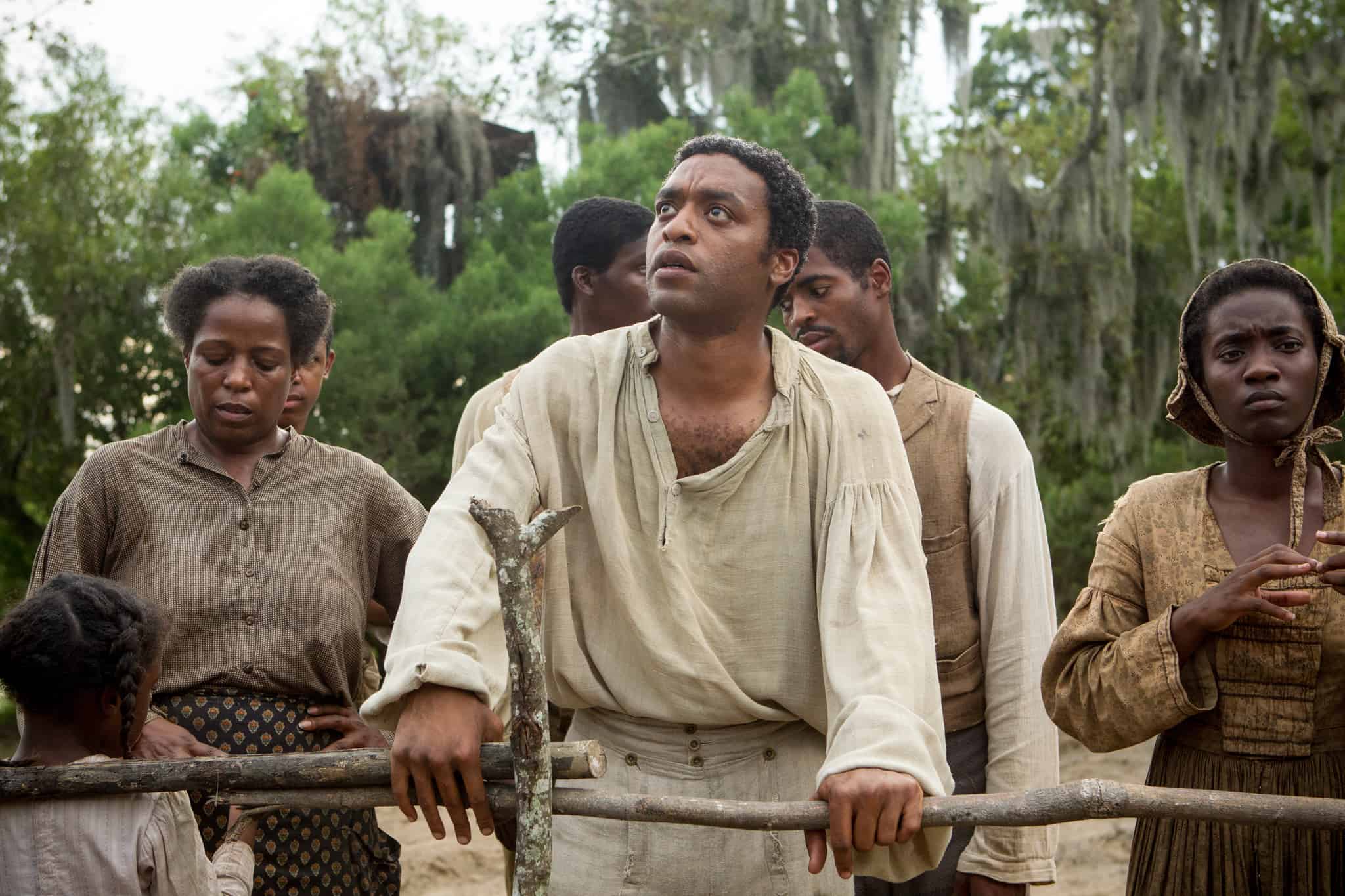
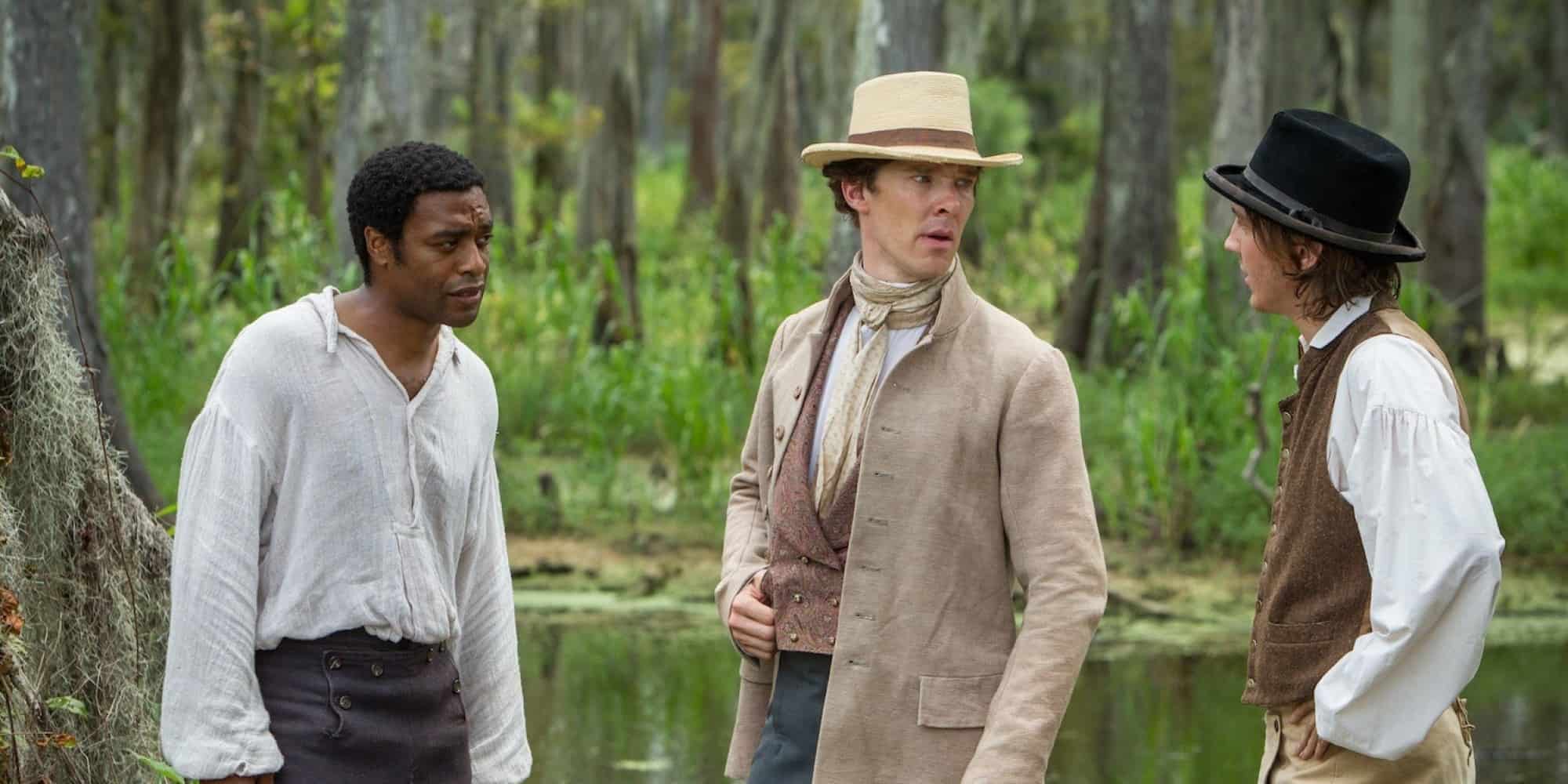
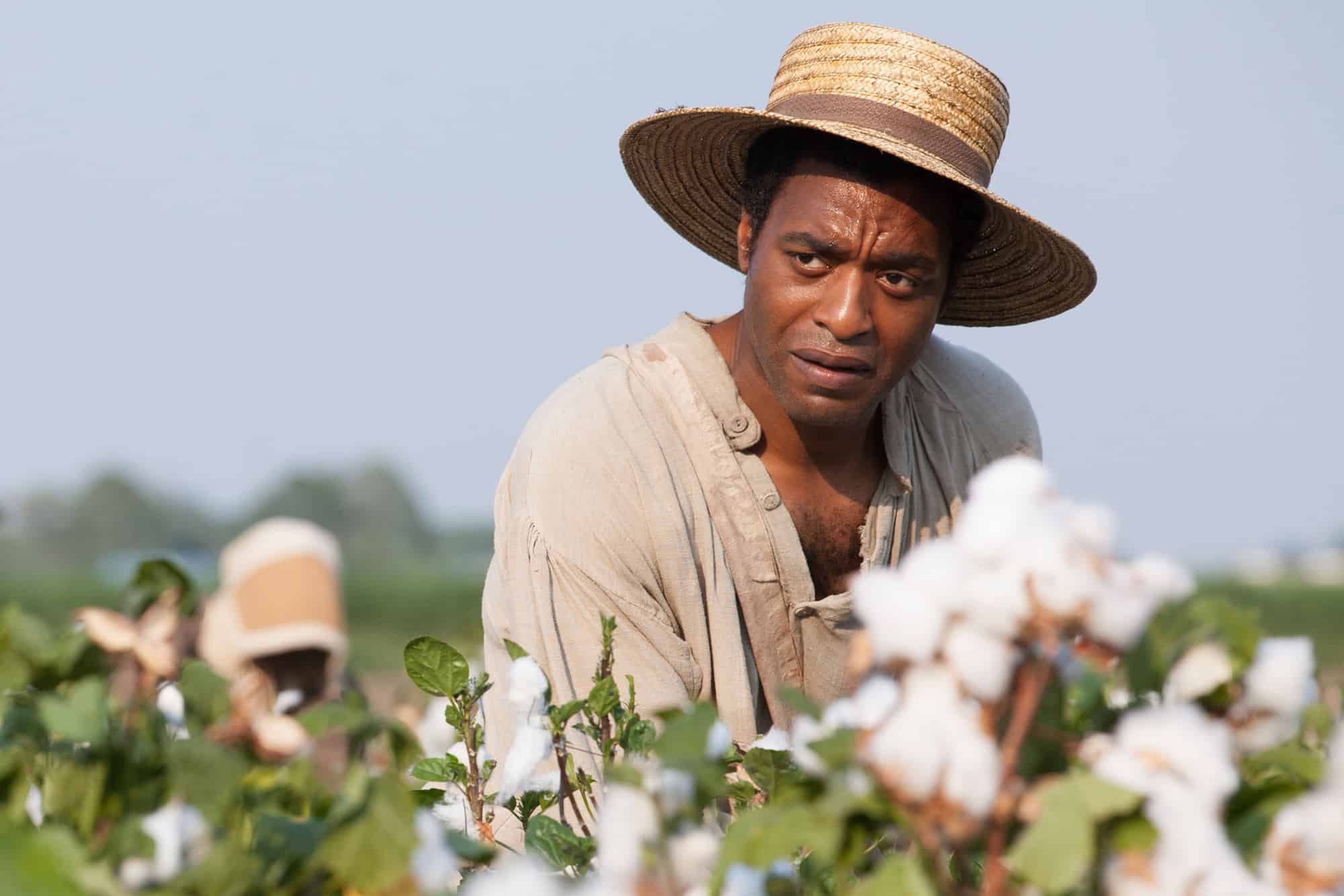
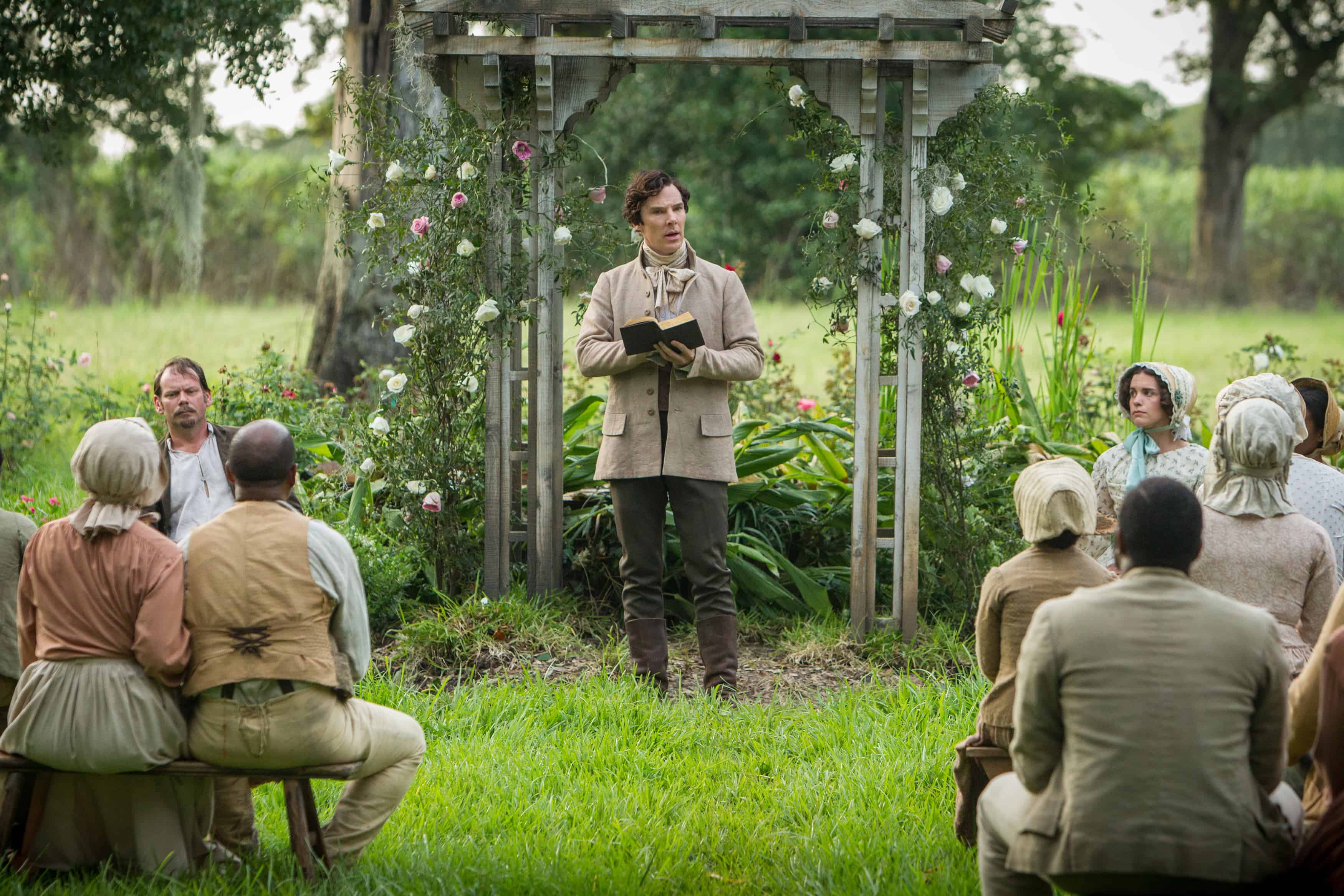

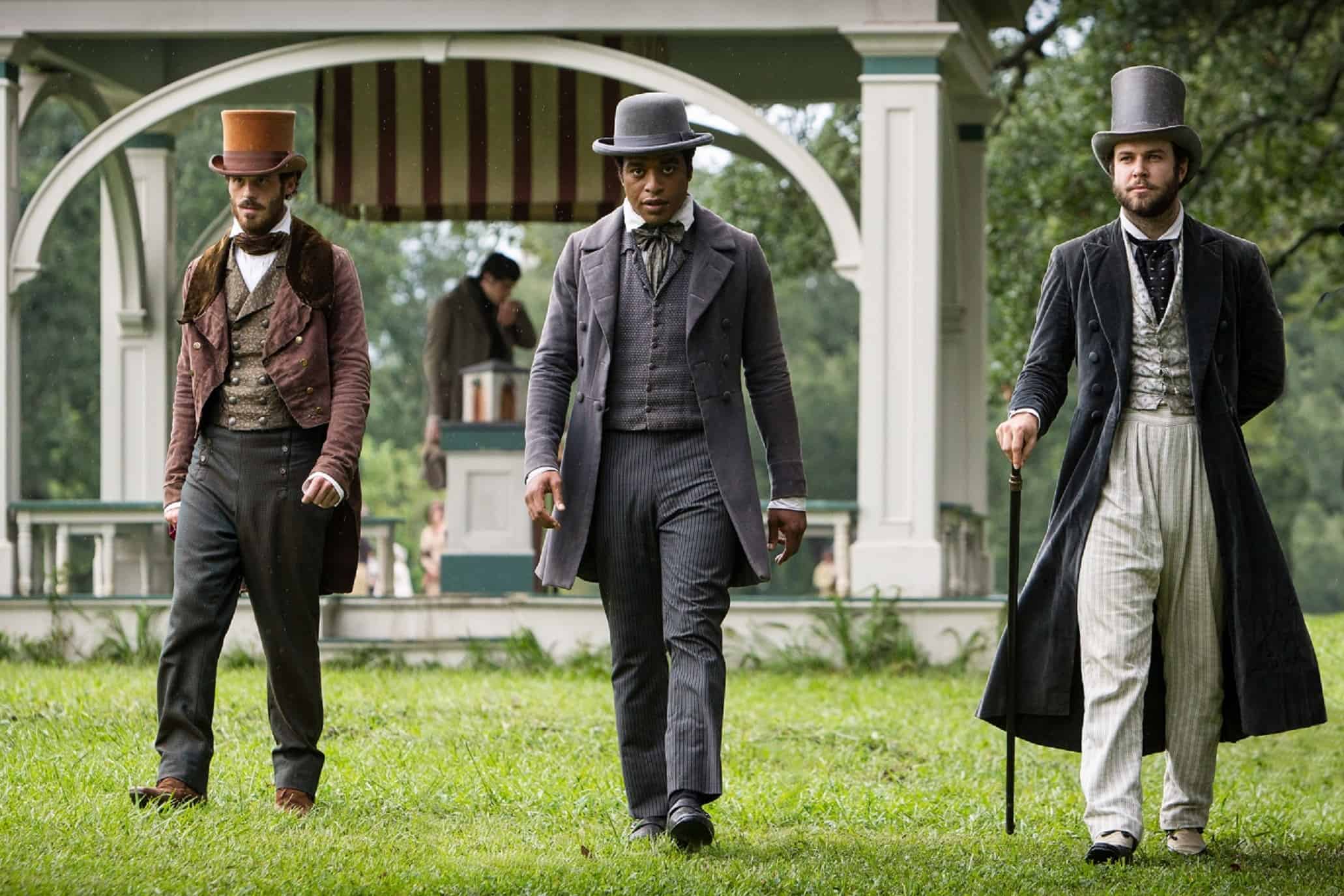
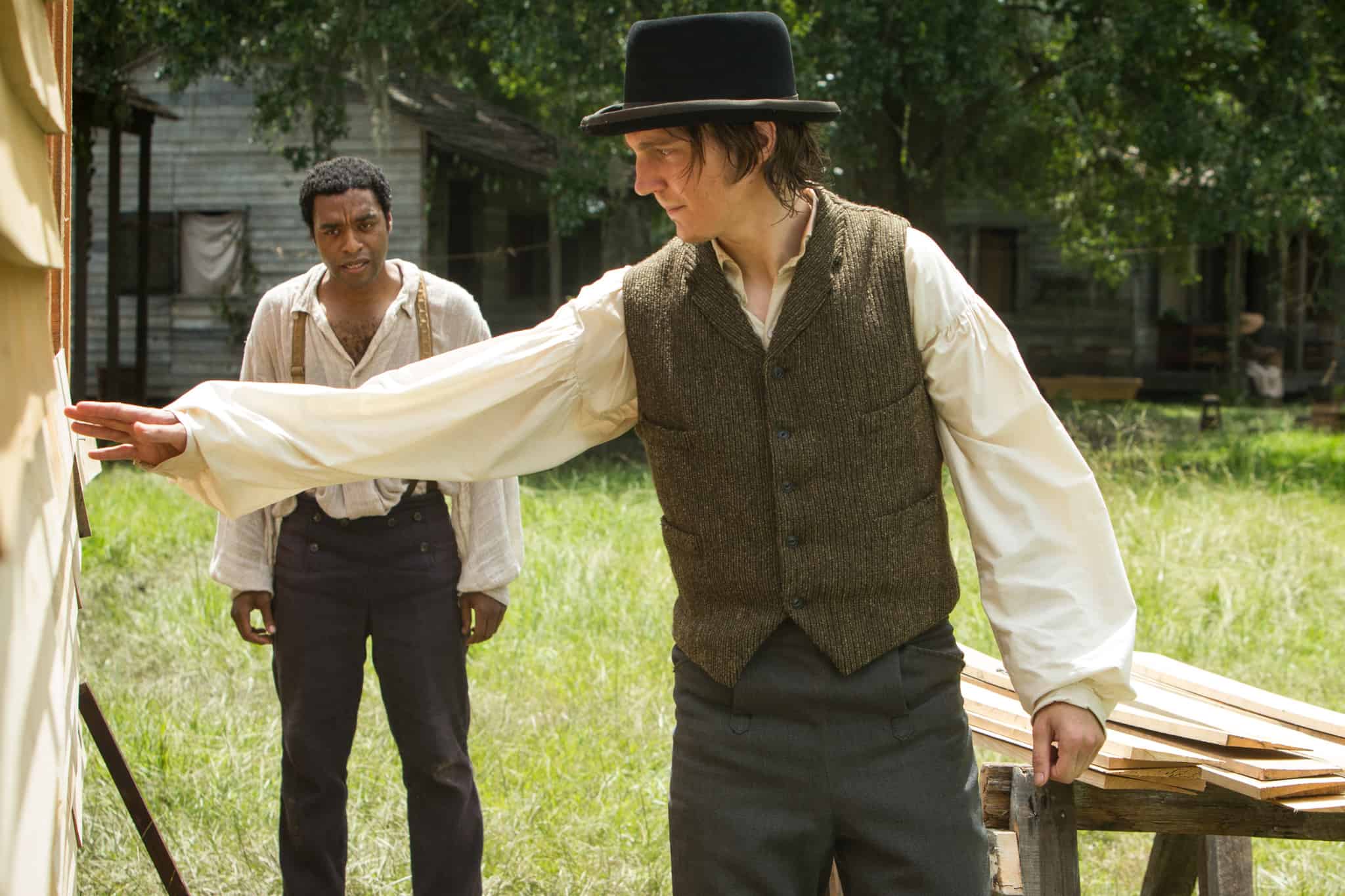
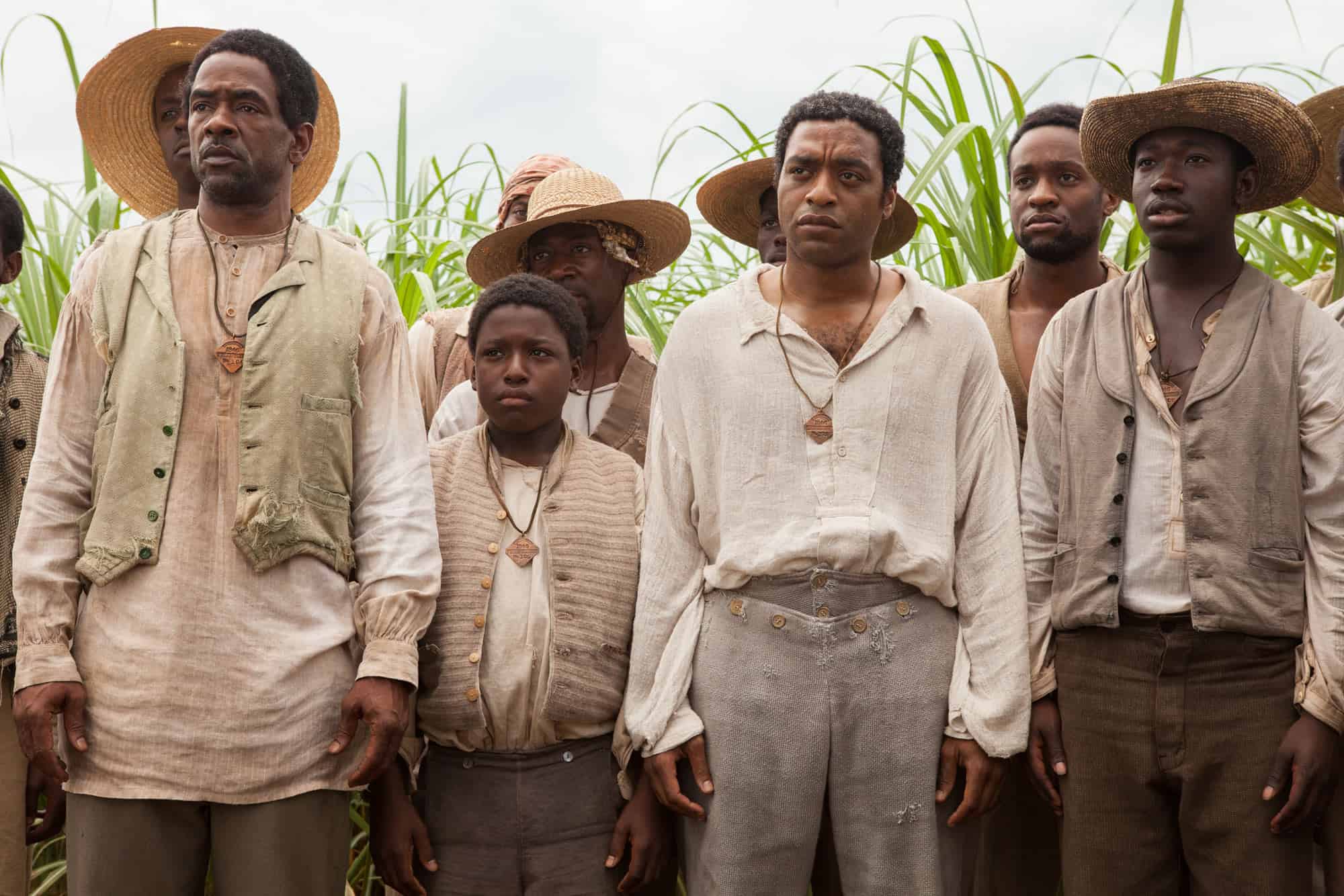
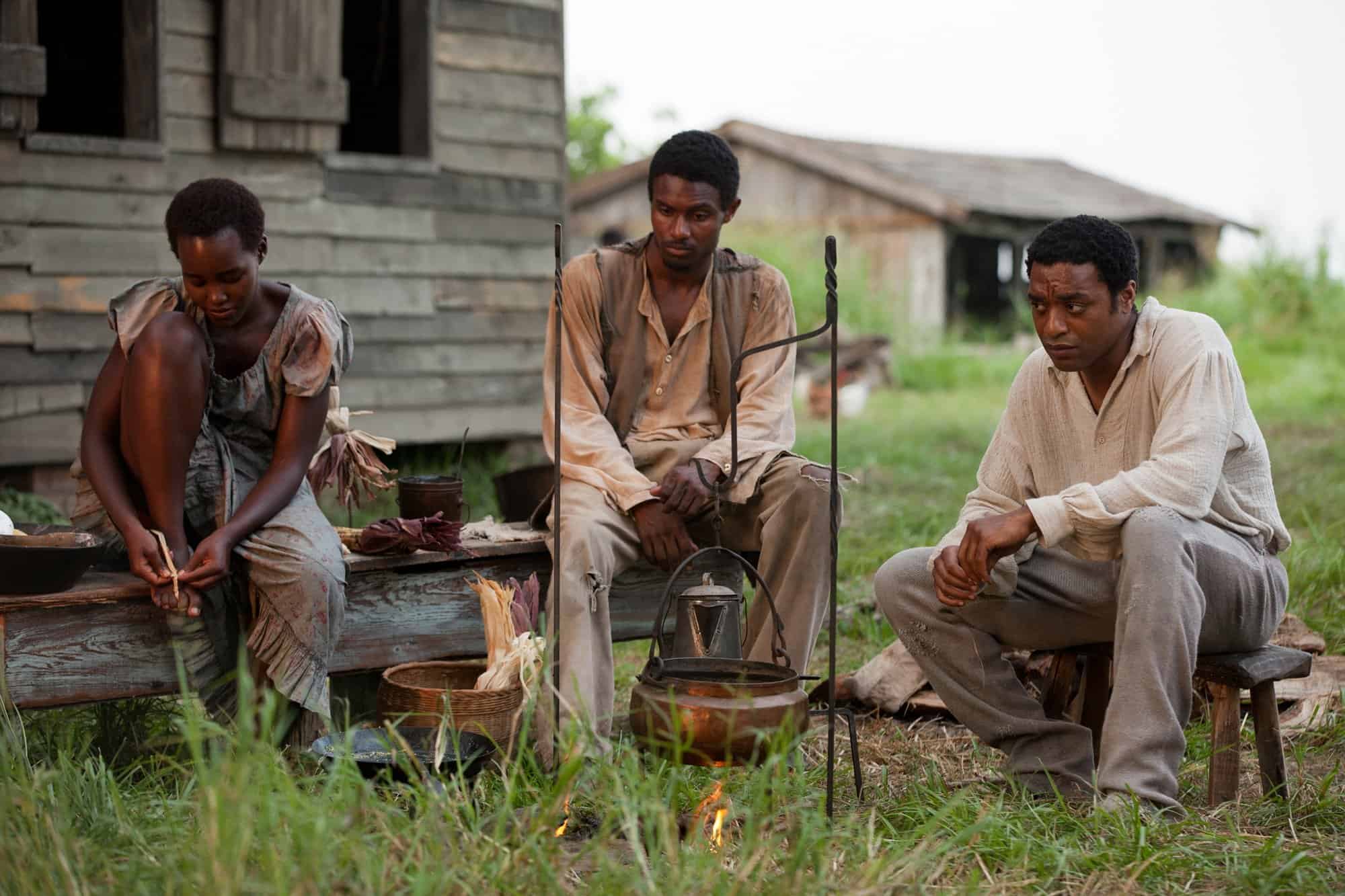
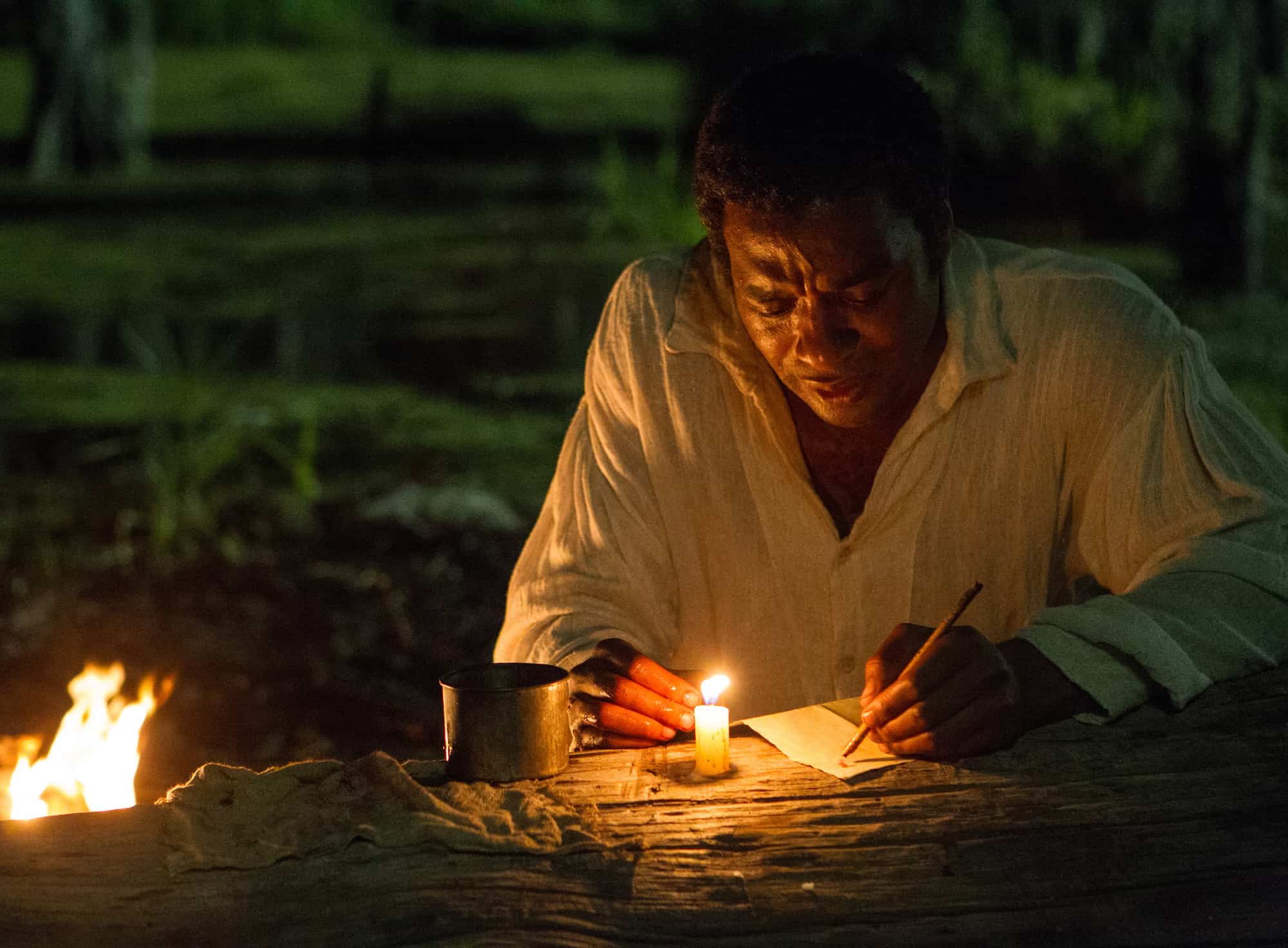


Comments
Loading comments...